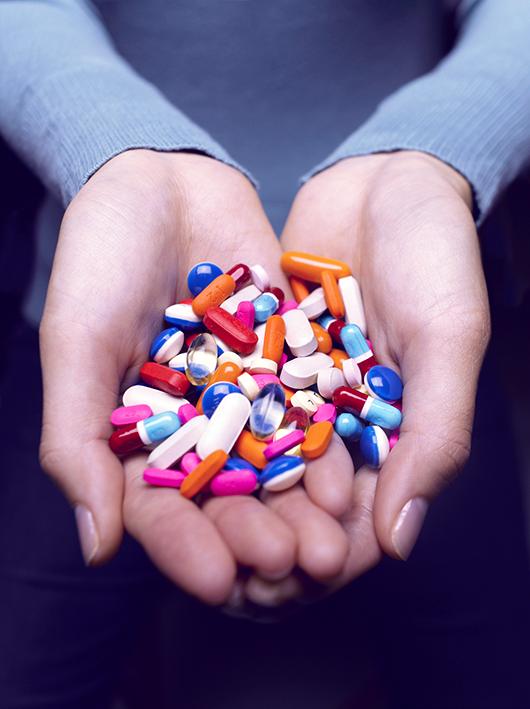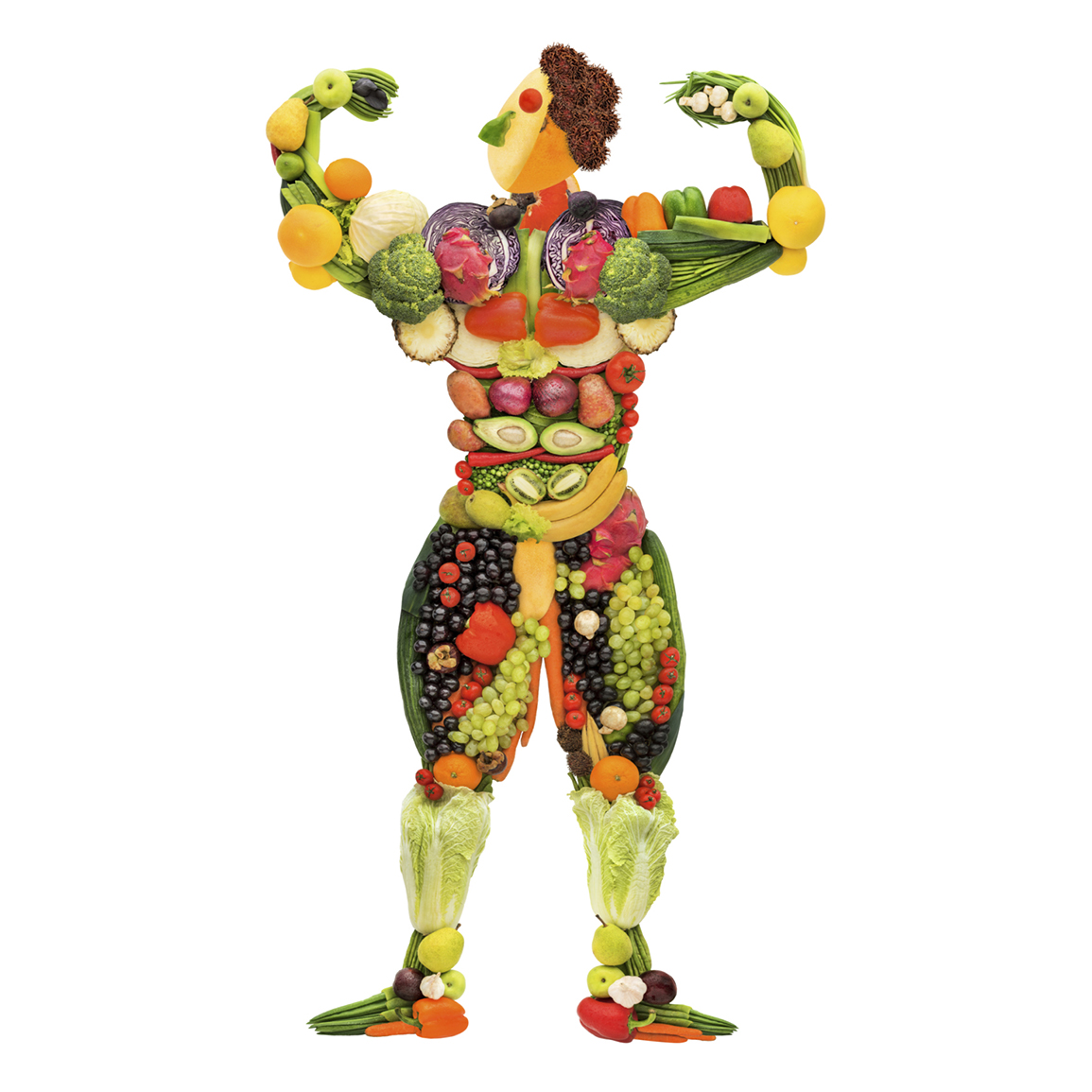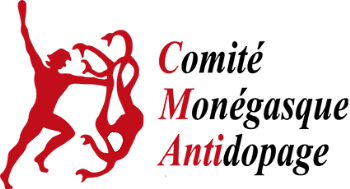The World Anti-Doping Code is unambiguous: athletes are responsible for their consumption in case of control. It is therefore fundamental for them, as for their management, to ensure that the medicines and food supplements that are dispensed to them do not contain prohibited substances. What is, for dietary supplements, much more common than what is commonly accepted. Not to mention the health risks that repeated intake of these foods can cause.
TO REMAIN VIGILANT
The food supplement does not comply with the specifications or its manufacturing process endangers its integrity through cross-contamination or even voluntary contamination with doping products.
There are many cases where doping molecules on the list of banned substances have been found in food supplements. Studies have shown that between 15 and 25% of food supplements sold contain doping substances not reported in the package leaflet. This is usually:
The manufacturing process does not ensure the integrity of the food supplement that can be brought into contact, sometimes voluntarily, with prohibited substances.
The composition of the supplement is not exhaustive and does not indicate the presence of a potentially prohibited ingredient.
The consequences for the athlete can therefore be dramatic without his moral integrity ever being challenged in the process.
If the food supplement contains doping molecules, even without the knowledge of the athlete, he will be considered responsible and penalized.
The quality of a food supplement with traces of doping product (s) is seriously questionable. In addition to the dramatic consequences on the athlete’s health that the presence of prohibited substances may cause, there is also a high probability that it is falsified and / or adulterated.
The risk is also great that the prolonged consumption of such food supplements causes dangerous interactions, with potentially serious adverse effects.

IN PRACTICE
Health care professionals are here to answer all your questions about your nutritional needs. In case of any doubt, feel free to contact us. We are here to inform you.
Do not buy food supplements whose source appeared to be questionable, especially on the internet or at an untrustworthy retailer. The AFNOR NF V94-001 standard is a very good reliability index, but it is not foolproof
Avoid using these products for prolonged, repeated or multiple periods, without being advised by a health care professional. Health risks, even with products that have no prohibited substances, are real
Any side effects that occur after taking a food supplement, no matter how small, should be reported to your doctor or pharmacist.
Do not persist in the error. Too often, athletes are locked in their sporting practices and become cut off from reality and from their loved ones.
When you go to a doctor or pharmacist, identify yourself as an athlete. They will then be more vigilant about the use of food supplements
WHAT IS A FOOD SUPPLEMENT?
Food supplements, as their name suggests, are foods whose function is to complete a normal diet. It is a concentrated source of nutrients (minerals and / or vitamins) or other products, herbal or plant extracts.
In most cases, they are presented in the form of tablets, capsules, powder or ampoules. It is essential that their packaging bears the words « food supplement », lists the nutrients and substances contained and their quantity and indicates the recommended daily dose.
Since 2012, the AFNOR standard NF V 94-001 has been providing guarantees of reliability. By adhering to this standard, manufacturers has committed to ensuring that the manufacturing process makes it impossible to contaminate a substance on the WADA Prohibited List resulting in a positive control. Of course, all their ingredients are considered as non-doping products. This standard makes it easy to identify healthy food supplements, but it is not foolproof and depends on the goodwill of the manufacturers.
Be that as it may, food supplements are not foods like any other and should not be considered as such.
HEALTHY AND BALANCED DIET

Food should be at the center of everyone’s attention in general and athletes in particular. It cannot be repeated enough how important it is to be balanced and varied. If this goal is achieved daily, the intake of essential nutrients will be largely sufficient to meet the needs of a healthy athlete.
Few sports practices (very high energy expenditure, extreme climatic conditions, etc.) require additional vitamins and minerals. In these cases, it is strongly recommended to turn to a health care professional specializing in sports nutrition. He will know how to best develop a healthy strategy for food supplements adapted to his real needs.
THE IMPORTANT ROLE PLAYED BY THE PHARMACIST

To guarantee his offer
It is important for a pharmacist to make an offer for guaranteed food supplements without doping products. For more legibility, it is interesting to group all products for athletes around a single place. It is also important for pharmacists to be openly involved in the fight against doping, by showing their commitment to the fight with posters or signage, for example. Monitoring on the subject is also important.
To identify
To understand
To recommend
To guide
The biggest enemy of the athlete is self-medication, even, perhaps especially, when it comes to food supplements. It is therefore beneficial to provide those athletes with appropriate referral to a health care professional specializing in sports nutrition.
To monitor
To raise awareness
Even though they are not prescribed, food supplements are not foods like any other. Thus, the athlete must be reminded that:
- the risks related to the purchase of unauthorized food supplements on the Internet without guarantee are great,
- the possibility of being declared positive to a doping control is significant,
- some standards may protect against these risks but do not make them non-existent,
- contamination with noxious substances is a major problem,
- overdose and interactions are not to be taken lightly.

